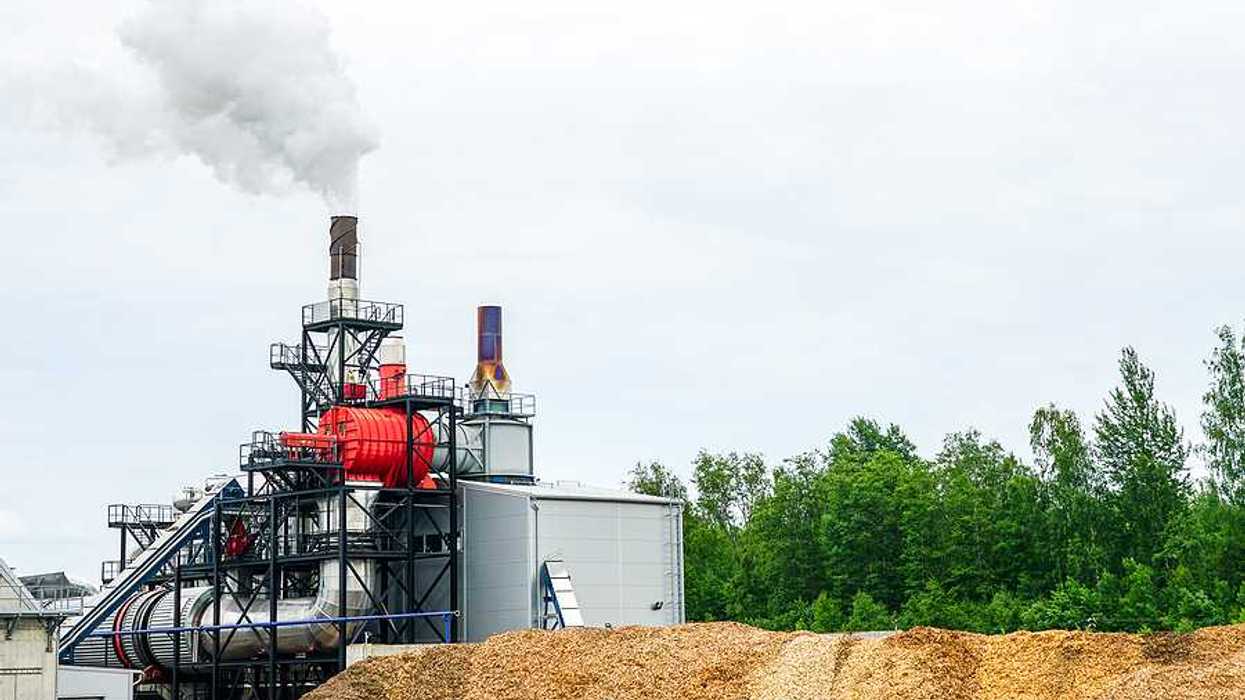Food corporations are exploiting the 'anti-diet' movement to promote their products, despite rising obesity rates.
In short:
- General Mills, among other food companies, is utilizing the 'anti-diet' message to market its products, like sugary cereals, under the guise of fighting "food shaming."
- Registered dietitians, backed by these corporations, are influencing millions on social media, mixing genuine anti-diet advice with product promotions.
- Public health experts are raising alarms about the growing alliance between the food industry and dietitians, fearing it diverts attention from the unhealthy nature of processed foods.
Key quote:
"I think it is really reprehensible for the food industry to prey on the vulnerabilities of people who suffer from diabetes or obesity or diseases that are caused by excessive sugar, fat, and perhaps other ingredients that do them harm."
— Senator Richard Blumenthal
Why this matters:
In recent years, the anti-diet movement has gained traction, advocating for body positivity and challenging the traditional notions of dieting and fitness. While this shift aims to foster a healthier relationship with food and self-image, it's also opened the door for food corporations to cleverly repurpose these ideals to market their products, blurring the lines between empowerment and consumerism.














